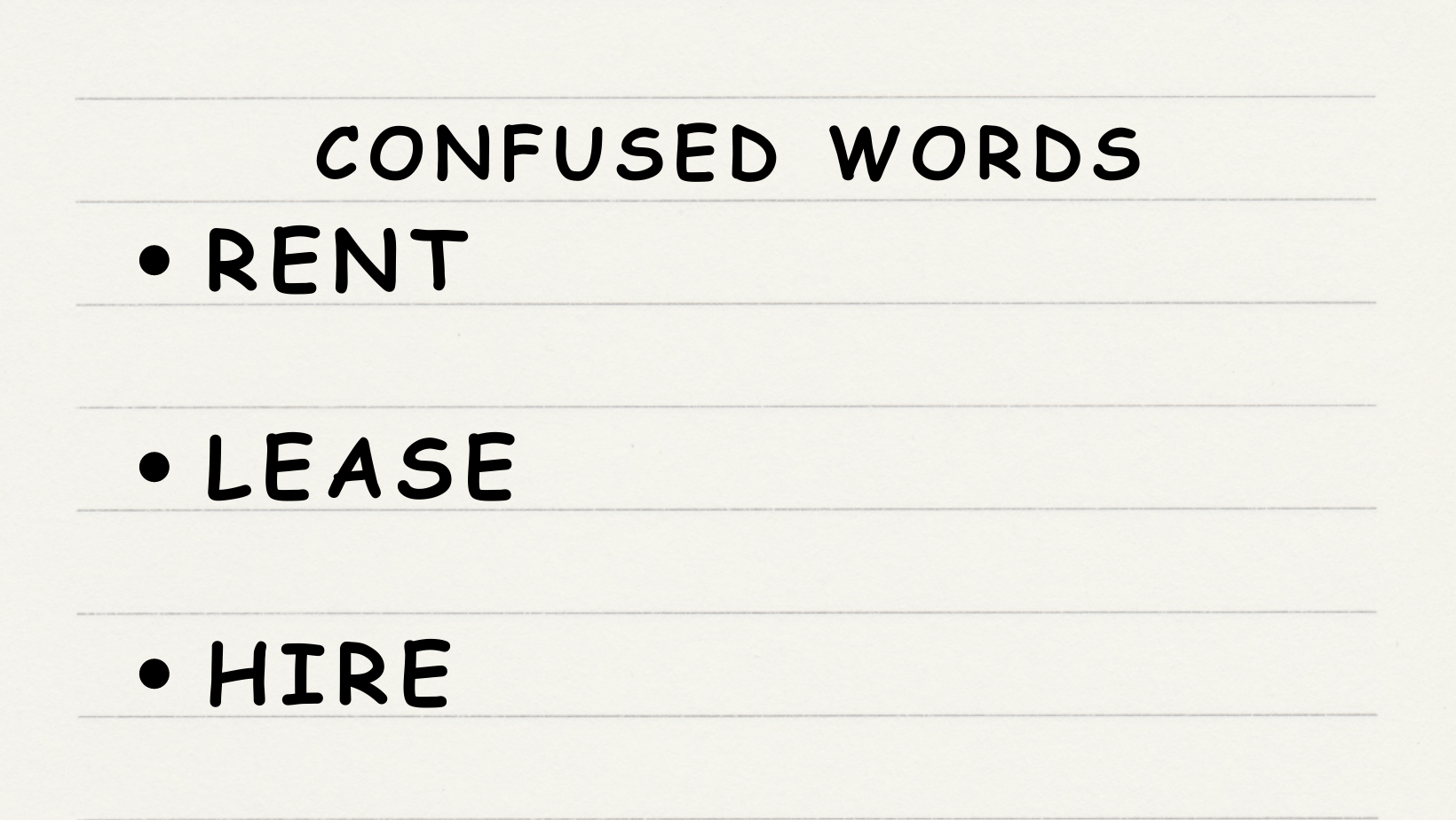
Hello there, eager learners! In today’s English lesson, we’re going to demystify the commonly confused words: toll, charge, fare, fine, and fee. These words all relate to payments, but they’re used in slightly different ways. So, let’s jump right in!
Toll
A toll (IPA: /toʊl/) is a charge for using a particular bridge, road, or tunnel.
Here are 5 examples:
- The toll for the bridge was $5. (The cost to use the bridge was $5)
- There’s a toll booth at the entrance of the tunnel. (There’s a place to pay before using the tunnel)
- The highway toll can be paid online. (The charge for using the highway can be paid online)
- The city introduced a congestion toll. (The city started charging for driving in busy areas)
- You’ll need to pay a toll to use this road. (You’ll be charged to drive on this road)
Charge
A charge (IPA: /ʧɑːrdʒ/) is the price asked for goods or services.
Here are 5 examples:
- The hotel charge includes breakfast. (The price for the hotel stay includes breakfast)
- There’s a charge for extra luggage on the plane. (You’ll have to pay extra for more luggage)
- What’s the charge for a haircut here? (What’s the price for a haircut here?)
- The restaurant has a charge for outdoor seating. (The restaurant requires payment for sitting outside)
- There’s a charge for late check-out at the hotel. (You need to pay extra if you check out late)
Fare
A fare (IPA: /feər/) is the money paid for a journey on public transport.
Here are 5 examples:
- The bus fare is $2. (The cost for the bus ride is $2)
- You can buy your train fare at the station. (You can buy your train ticket at the station)
- The taxi fare was higher than I expected. (The cost of the taxi ride was more than I thought)
- The airline has reduced its fares. (The airline has lowered its ticket prices)
- What’s the fare to the city centre? (How much does it cost to get to the city centre?)
Fine
A fine (IPA: /faɪn/) is a sum of money to be paid as punishment for an offence.
Here are 5 examples:
- She got a fine for parking illegally. (She had to pay for parking in the wrong place)
- He received a fine for littering. (He was punished with a payment for littering)
- If you break the rules, you’ll get a fine. (You’ll have to pay if you break the rules)
- The company was issued a heavy fine for pollution. (The company was charged a large amount for causing pollution)
- You might get a fine for not wearing a seatbelt. (You might be punished with a payment for not wearing a seatbelt)
Fee
A fee (IPA: /fi:/) is a payment made to professional people or to a professional or public body in exchange for advice or services.
Here are 5 examples:
- The doctor’s fee is $100. (You have to pay $100 to the doctor)
- There’s a membership fee for the gym. (You have to pay to be a member of the gym)
- What’s the admission fee for the museum? (How much does it cost to get into the museum?)
- The university has increased its tuition fees. (The university has raised its prices for education)
- She pays a fee to her financial advisor annually. (She pays her financial advisor every year)
Conclusion
In summary, a toll is a charge for using a specific route, a charge is the price for goods or services, a fare is what you pay for a journey on public transport, a fine is a punishment fee, and a fee is a payment for a professional service. By understanding the subtle differences between these words, you can make your English more precise and sound more natural!


